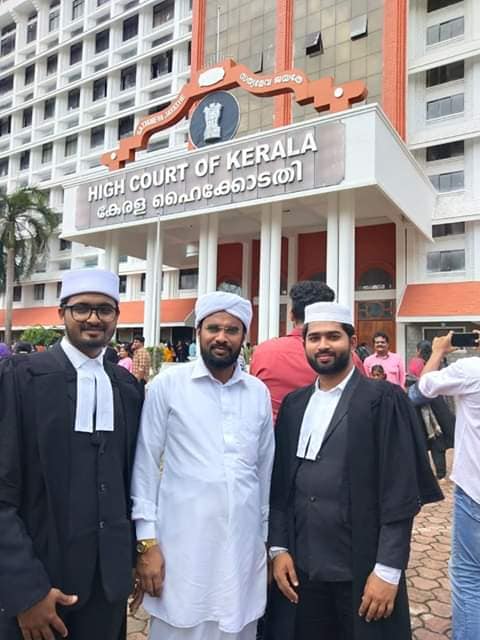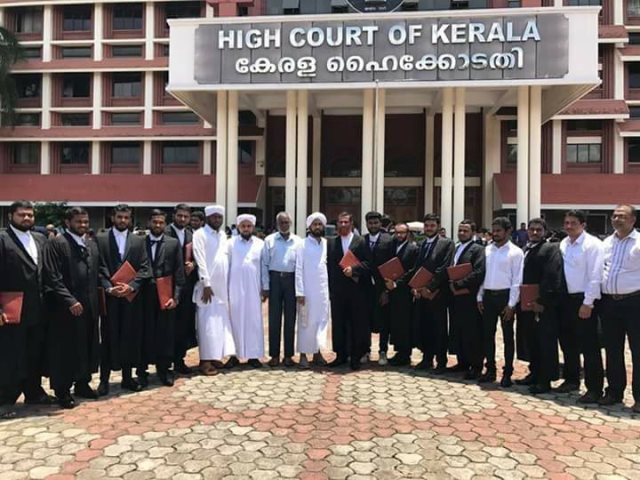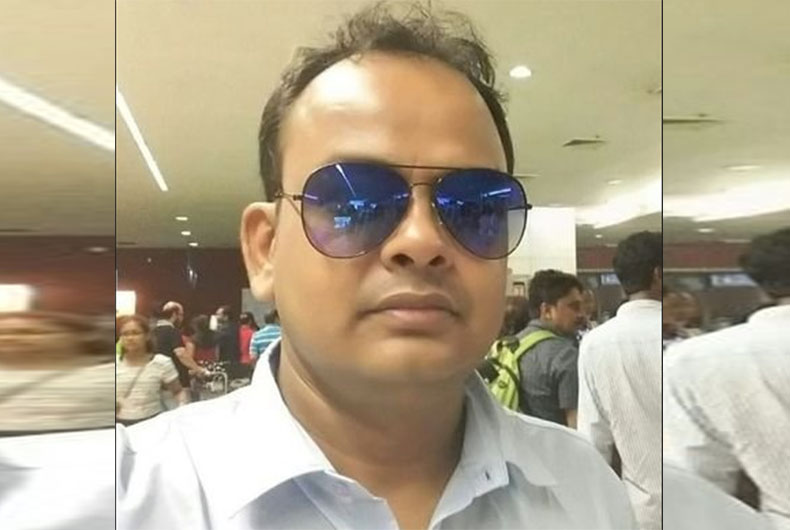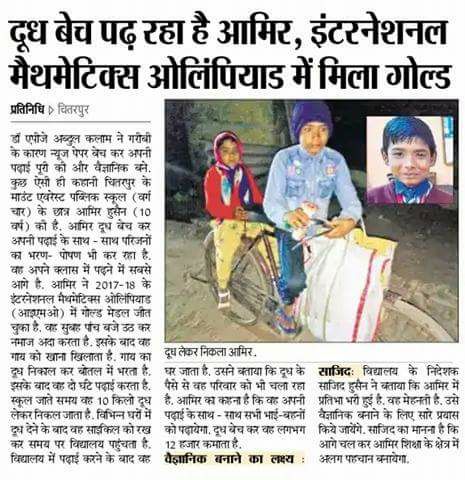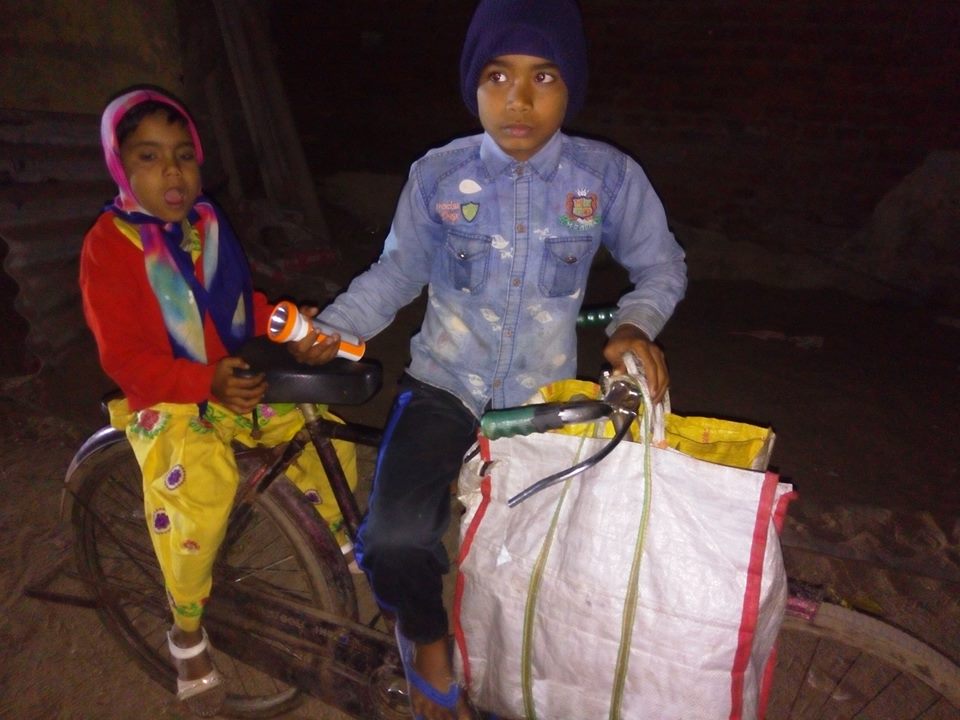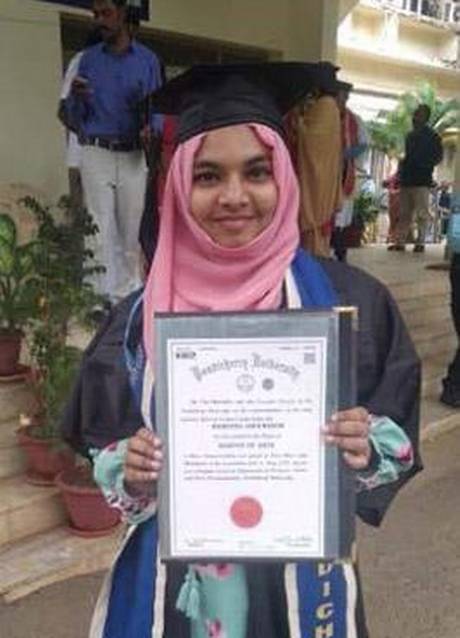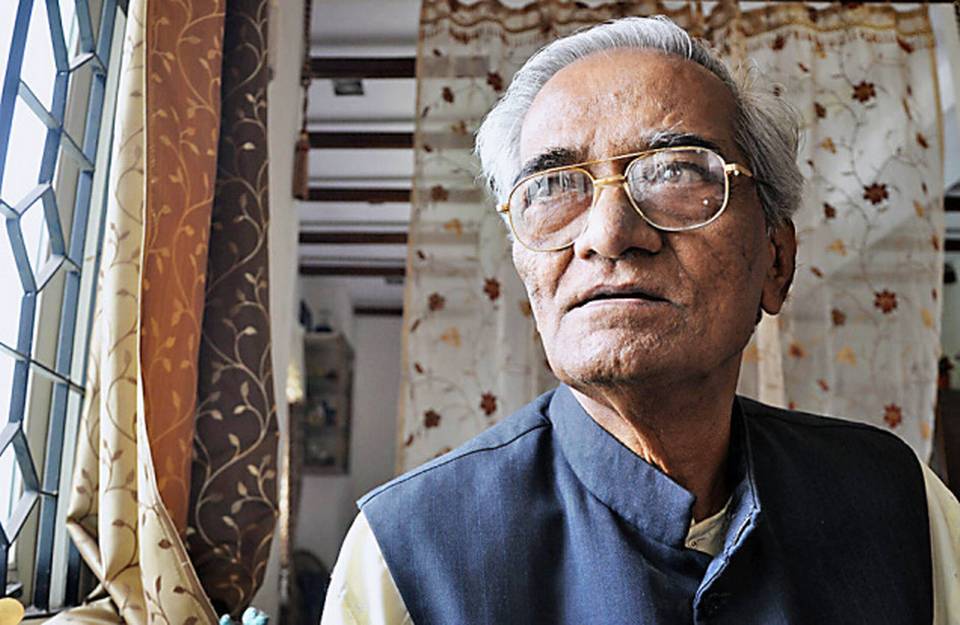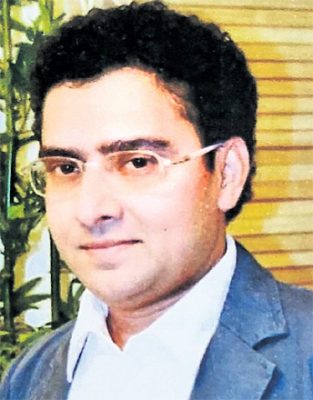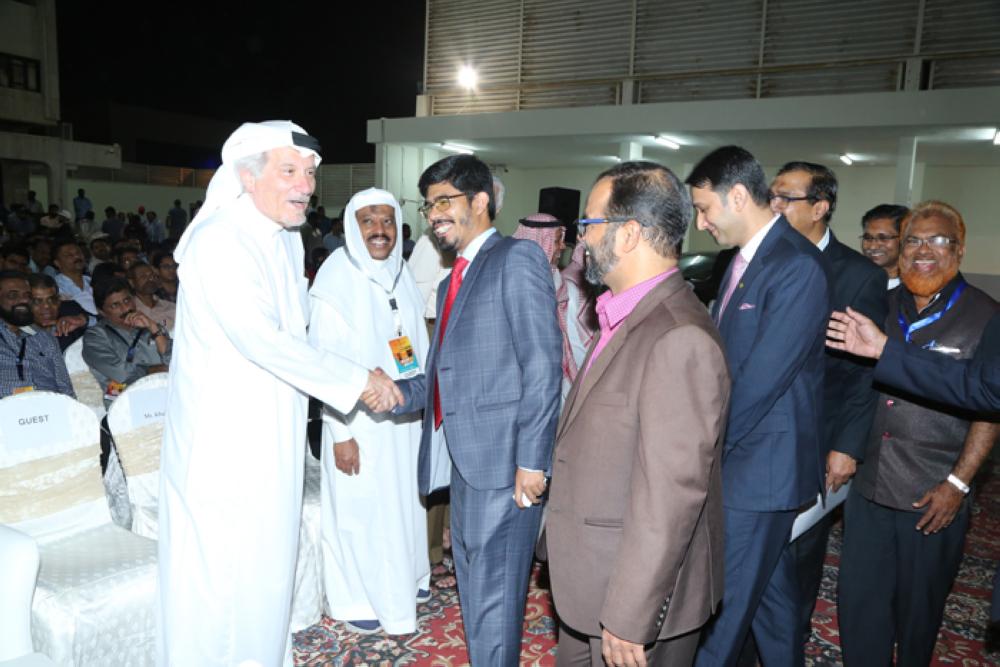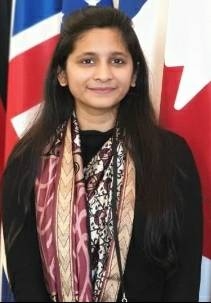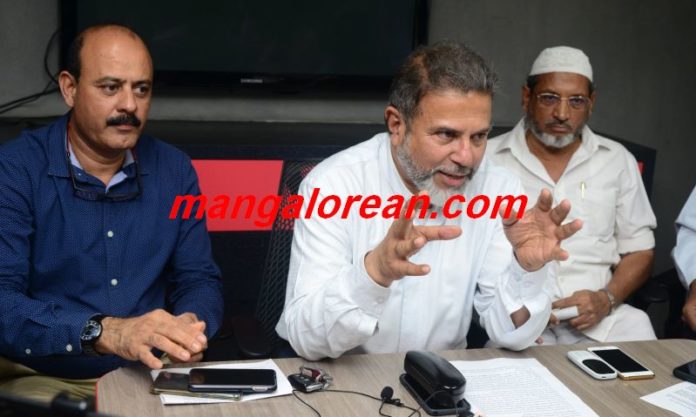MAHARASHTRA :
After the induction of 36 ministers on Monday, the 43-member council of minsters (CoM), led by chief minister (CM) Uddhav Thackeray, has seen the Maratha community dominate the Cabinet, followed by legislators from the Other Backward Classes (OBC). Significantly, the Muslim community, represented by four ministers, has also got one of the highest representations in the Maharashtra Vikas Aghadi (MVA) Cabinet.
In terms of regions, most of the ministers are from western Maharashtra and Vidarbha.
In Thackeray’s 43-member Cabinet, there are 19 ministers from the Maratha community, with deputy chief minister Ajit Pawar, senior Congress ministers Ashok Chavan and Balasaheb Thorat, senior Nationalist Congress Party (NCP) ministers Jayant Patil, Dilip Walse-Patil and Anil Deshmukh and Shiv Sena ministers Eknath Shinde and Gulabrao Patil, being the prominent faces.
OBC community is represented by former deputy CM Chhagan Bhujbal, Dhananjay Munde, Jitendra Awhad, Vijay Wadettiwar and Sanjay Rathod.
From the Muslim community, Thackeray has inducted party legislator Abdul Sattar, as well as Hasan Mushrif and Nawab Malik from NCP, and Aslam Shaikh from the Congress.
The other caste-based representations include Nitin Raut, Varsha Gaikwad and Sanjay Bansode, who are from the Scheduled Caste (SC) community, while seven-time legislator KC Padvi is the lone tribal representative in the Cabinet.
The region-wise distribution of the ministerial berths is dictated by the number of seats each of the three parties has won in a particular region, as well as how a party has countered the Bharatiya Janata Party (BJP) in the Assembly polls.
Thirteen ministers were chosen from western Maharashtra, as the Congress and NCP gained the maximum support in the region. It was followed by Vidarbha (8), Marathwada (7), north Maharashtra (4) and Konkan (2). From the Mumbai Metropolitan Region, four ministers, including Aaditya Thackeray, are from Mumbai and two are from Thane.
“Sangli and Kolhapur have received the maximum representation from the Congress and NCP, with ministers such as Jayant Patil, Hasan Mushrif, Satej Patil, Vishwajeet Kadam along with first-time minister Rajendra Patil Yadravkar, making it to the cabinet. Satara also has been given fair representation with the induction of Balasaheb Patil. These districts had given the two parties the most number of MLAs by defeating the BJP candidates,” said a Congress leader, who did not wish to be named.
The three ruling parties have inducted Balasaheb Thorat, Prasad Tanpure and Shantaram Gadakh from Ahmednagar to limit Radhakrishna Vikhe Patil and Madhukar Pichad’s influence in the region at check. The duo had deserted the Congress and NCP to join BJP.
Congress has picked the maximum number of ministers from Vidarbha, where it had gained majorly in the Assembly polls. Congress’s Nitin Raut, Vijay Wadettiwar, Yashomati Thakur and Sunil Kedar got the Cabinet berths, while Nana Patole was elected as the speaker of the lower house after the new government came to power. From the region, NCP chose Anil Deshmukh and Rajendra Shingane, while Sena has inducted Sanjay Rathod and Bachchu Kadu. However, most of the MLA’s who won in Vidarbha are from BJP.
An NCP leader said that though the three ruling parties had decided to have better coordination in terms of representation to the region, it could not do so while finalising the names for the ministerial berths.
“For instance, Eknath Shinde (Sena) and Jitendra Awhad (NCP) both belong to Thane district, while in Sindhudurg and Ratnagiri, Sena and NCP could give only one berth despite their dominance there,” he said.
Prakash Pawar, political analyst from Kolhapur, believes that the three parties did not choose ministers on the basis of caste and region alone. “I don’t think the induction of the ministers was on the basis of caste or region. The ruling parties have tried to keep BJP, the single largest party in the Assembly, in check owing to the uncertainty over the alliance lasting for five years. This is not a natural alliance and thus it will always be under threat from BJP. By giving a fair representation to OBCs, the ruling parties have also tried to attract BJP’s traditional vote-bank of OBCs,” Pawar said.
source: http://www.hindustantimes.com / Hindustan Times / Home> Mumbai News / by Surendra P Gangan / December 31st, 2019
